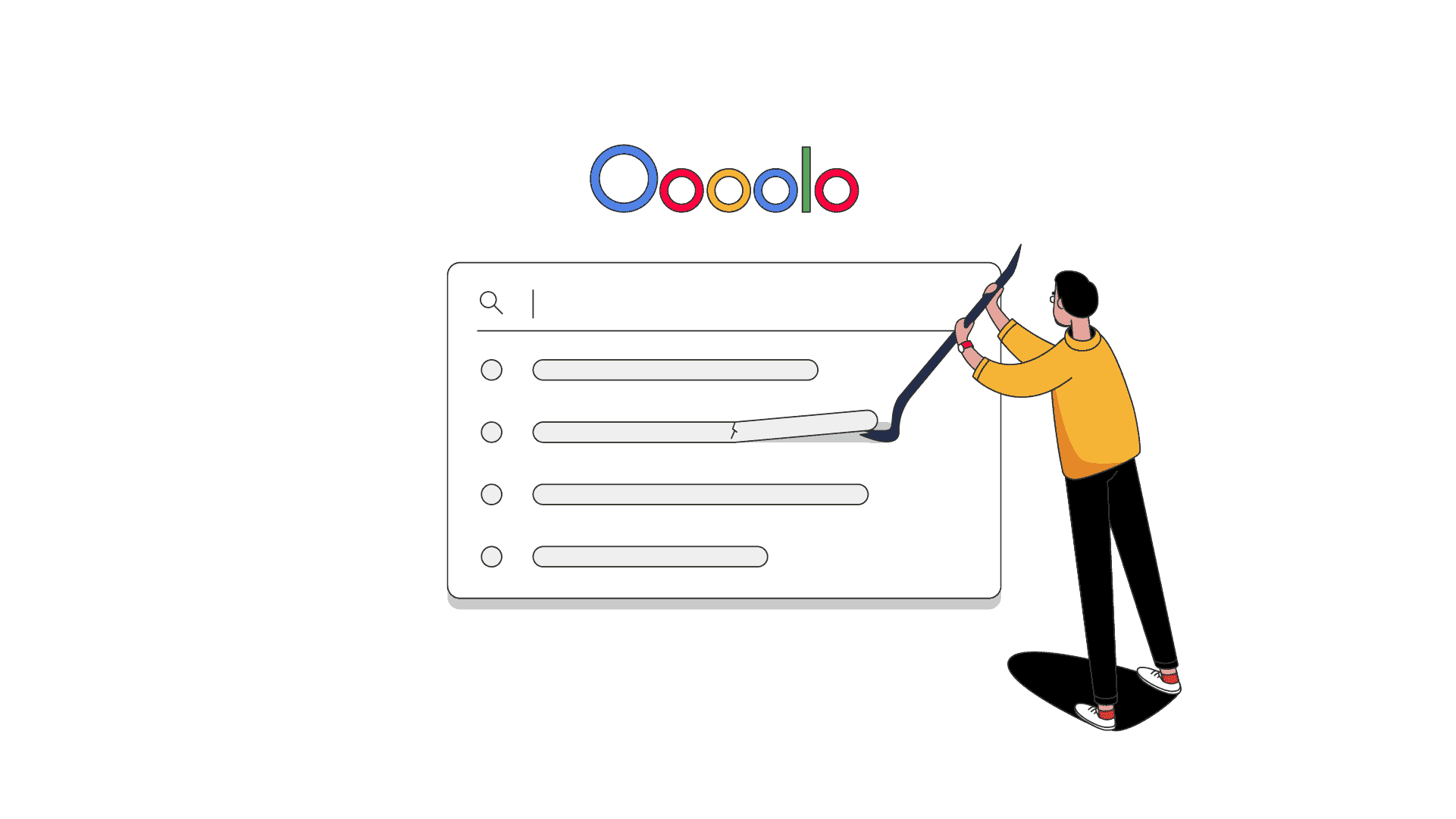What Are SEO Proxies?
Learn why and how SEO specialists use proxy servers.

What SEO Proxies Are (and How They Differ from Regular Proxies)
First, let’s talk about proxies in general. Bear with me if you know this part already.
A proxy server is a basically remote computer that lets you access websites via its internet connection. As a result, you can borrow that computer’s IP address and location. Most proxy servers used for web scraping (and SEO) are highly anonymous; it means they keep mum about accessing websites on your behalf.
By and large, SEO proxies are regular proxy servers that optimize for one purpose: to provide IP addresses that can reliably access search engines and relevant domains. This involves picking the right proxy IP type and sometimes getting addresses with known usage history. I talk more about the requirements below.
Reasons for Using an SEO Proxy Server
How Are Proxies Used in SEO?
White Hat SEO
- Site audits – proxies are often used with web scraping software to analyze how well websites adhere to SEO best practices. While tools like Screaming Frog allow crawling without proxies, large websites with many pages will quickly bottleneck the process.
- Rank tracking – SEO is an infinite tug-of-war between companies for first places on Google. With rank tracker proxies, you can get accurate data about the positions of your pages at any given time, detect trends, or monitor the impact of SEO optimization.
- Topical and keyword research – search engine proxies can also help with SEO content marketing. For example, they can be used to extract entities from top pages to optimize for featured snippets. Or, they can help generate long-tail topics in bulk by scraping Google’s keyword suggestions (in the style of Answer the Public).
- Competitor analysis – using proxies for SEO, you can extract all kinds of data from your competitors. For instance, you might want to see their headlines and meta descriptions to compare with your own. You could be interested in the images they use. Or perhaps it’s the word count you’re after. There are many possibilities here.
Black Hat SEO
Some people use proxies for more questionable purposes. We don’t recommend them, but you should know that such uses exist.
- Fake traffic generation – while fake traffic is usually encountered in ad fraud, it also has a role in SEO. Webmasters rely on proxies to inflate their organic metrics for various reasons. SEO agencies do this to retain customers when they’re not getting expected results.
- CTR manipulation – it’s a subset of fake traffic generation where bots and proxies perform automated actions on a website. CTR manipulation doesn’t really work on Google, but it’s still relevant for search engines like Yandex.
- Backlink building – SEO proxies can also be paired with software like GSA Search Engine Ranker, SEO Autopilot, or XRumer to automatically build a large number of backlinks to your website. The GSA SER method is effective short term, but it can quickly turn against you, as such backlinks tend to disappear as easily as they appeared. Some SEO proxy services explicitly forbid from using their IPs with similar programs.
Why Go This Route over Readily Available Services
SEO proxies can’t stand alone: they serve to power web scraping scripts and search engine optimization software. So, why would you pick this combo over readily-available SEO tools like Ahrefs or SemRush? There are several good reasons:
- You want a specific feature that search engine optimization services don’t have and not care about the ones they do offer. Swiss army knives like Ahrefs are great general-purpose tools, but they might not adequately cover specific use cases, such as local SEO.
- You need more flexibility. For instance, you’re running a project in a volatile niche where search engine rankings change multiple times per day. With search engine proxies and your own script, you can automatically receive fresh SERP data every few hours.
- You want to cut costs for SEO software. Despite costing more upfront, SEO proxies plus a script or tool pay off in the long run. This becomes especially apparent as you scale up.
- You’re providing an SEO service of your own. In this case, search engine proxies are a given.
SEO Proxy Providers We Recommend
Let me guide you toward some reputable SEO proxy providers. We’ve used them over the years with few issues, and they performed great in our annual and other performance benchmarks. You can find the list in a page aptly called the best SEO proxy providers. It also includes some information to help you pick the right kind of proxies for the task.
Alternative for SEO Monitoring: SERP APIs
If you’re looking to build an SEO tool yourself, and you only need data from search engines, consider a SERP API. It’s a complete web scraper that integrates proxies, data collection logic, and parsing. So, instead of building everything by yourself, you can enter a search query, location, and device, and get formatted results from any search property 100% of the time. Another benefit is that SERP APIs charge by successful requests, so they can make your expenses more predictable.
Major proxy providers have started blocking their proxies with Google and funnelling clients toward search APIs instead. That’s because Google is a very popular target, and it’s hard to keep the proxy pool clean. Other search engines should be generally available with proxy IPs.
To learn more about search APIs – and find a list of providers we recommend – you can visit our page on the best SERP APIs.